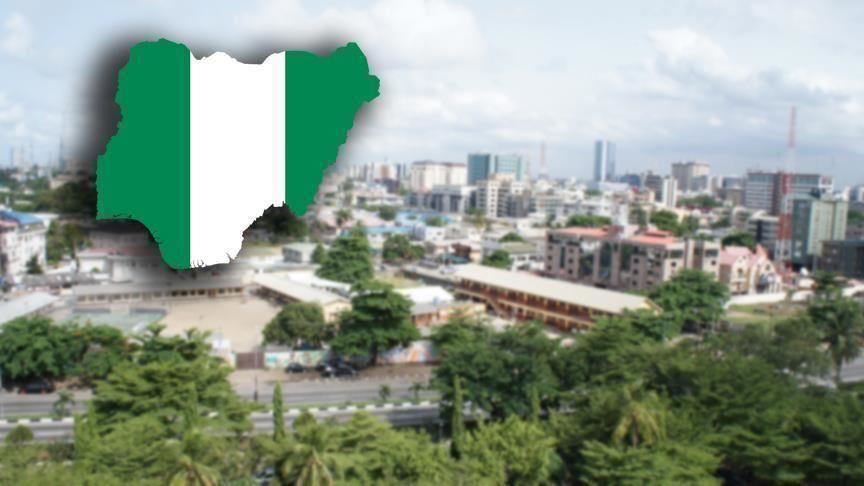Nigeria has $900bn dead capital in real estate, agric-PWC

Nigeria holds as much as $900 billion worth of dead capital locked up in residential real estate and agricultural land, including federal government’s abandoned properties estimated at N230 billion, said PWC Nigeria.
Dead capital refers to unregistered real property, and is considered lost value because the landholder is unable to transfer or leverage the property to borrow or access capital.
Meanwhile the company has listed ten priority areas for policy makers and businesses necessary to accelerate the country’s economic growth.
Partner and Chief Economist, PwC Nigeria, Andrew Nevin disclosed this while speaking at an executive roundtable on the Finance Act 2020 and Economic Outlook for 2021.
Nevin gave the figure while highlighting ten priority areas policy makers and businesses in Nigeria need to consider in 2021 which include: unlocking Nigeria’s vast dead assets to stimulate growth; harnessing the power of the diaspora; driving export growth through services; the need for growth to be spread across the country, and not just in a few urban centres; improving on the country’s low investment and gross capital formation; moving its thriving informal sector to the formal sector; improving on the business environment, and ease of doing business; addressing Nigeria’s big three distortions (exchange rate, power, and subsidies); shifting focus from the Gross Domestic Product (GDP) lens to sustainable development goals and finally, prioritising climate change.
He stressed finding the political will to act and unlock Nigeria’s dead real estate assets will have a transformative impact on the lives of Nigerians.
He said: “Out of the 10 themes, another important theme to consider is Nigeria’s gross fixed capital formation, which in 2019, stood at less than 20 percent. And PwC estimates that Nigeria would need an investment rate of at least 26 percent to 28 percent of GDP to achieve seven percent growth.
“Nigeria’s economy is distorted by the exchange rate; fuel subsidy regime; and the power sector. Addressing these three big distortions will be taking the giant step to restructure the country’s economy holistically; achieve the seven percent GDP growth, and improve the lives of the average Nigerian.”
Also speaking at the roundtable, Taiwo Oyedele, Fiscal Policy Partner and West Africa Tax Leader, PwC Nigeria, presented highlights of a survey conducted by the company on the Finance Act 2020.
According to him, a breakdown of the survey on Finance Act 2020 showed an overwhelming 92 percent public support for the Finance Act 2020.
On the changes made to existing laws from the Finance Act, the majority of respondents were most excited about the reduction of minimum tax from 0.5 percent to 0.25 percent of turnover. Furthermore, businesses considered technology and tax intelligence as the most efficient for the government to catch tax evaders and raise revenue.
Most respondents however disagree with provision of the Finance Act that mandates transfer of unclaimed dividends and dormant account balances to a Trust fund.
